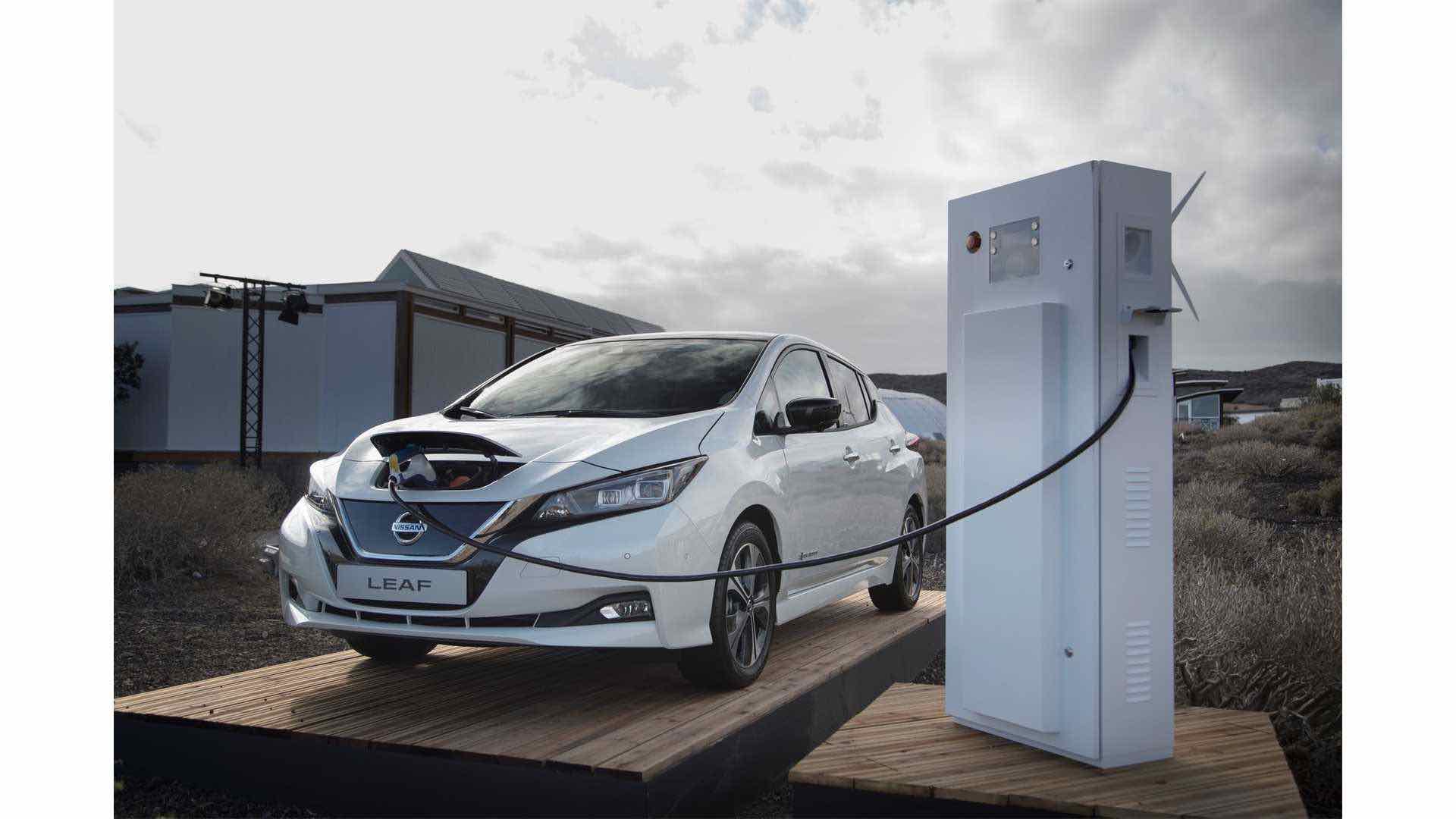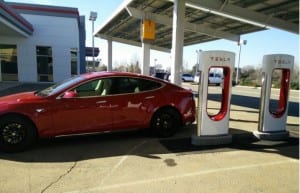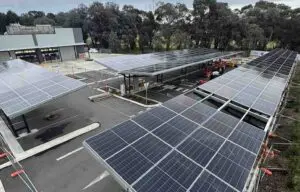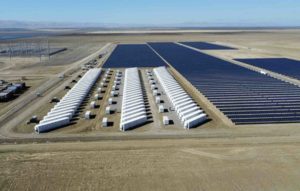Electric cars, heat pumps and home storage systems can make electricity systems much more flexible in the future, saving generation costs and thus lowering overall electricity prices, according to a report by energy transition think tank Agora Energiewende.
In Germany, these climate-friendly technologies should enable households to use around 100 terawatt hours of electricity flexibly in 2035 – a load corresponding to more than ten percent of the country’s entire electricity consumption.
Electric cars alone can provide more than 60 terawatt hours of this flexible demand, according to the report, which assumes that around half of households will use the flexibility if appropriate price incentives are in place.
“If this potential is utilised, around 4.8 billion euros can be saved in fuel and investment costs in 2035, which would otherwise be required for hydrogen power plants and large batteries. These savings will in turn reduce electricity costs for all consumers,” Agora said.
The think tank called for the introduction of dynamic electricity pricing models that reward the charging of e-cars when renewable supply is plentiful in Germany and wholesale electricity prices are low.
“Without such differentiated price signals, the growing number of electricity-intensive technologies in households could lead to higher load peaks on the network,” Agora warned, adding that households’ flexibility options should be put to use before much more expensive hydrogen power plants are ramped up.
“In this way, there will be fewer hours with very high wholesale electricity prices on the exchange and the average electricity costs for all consumers will fall,” Agora said.
First published by Clean Energy Wire. Reproduced with permission.










